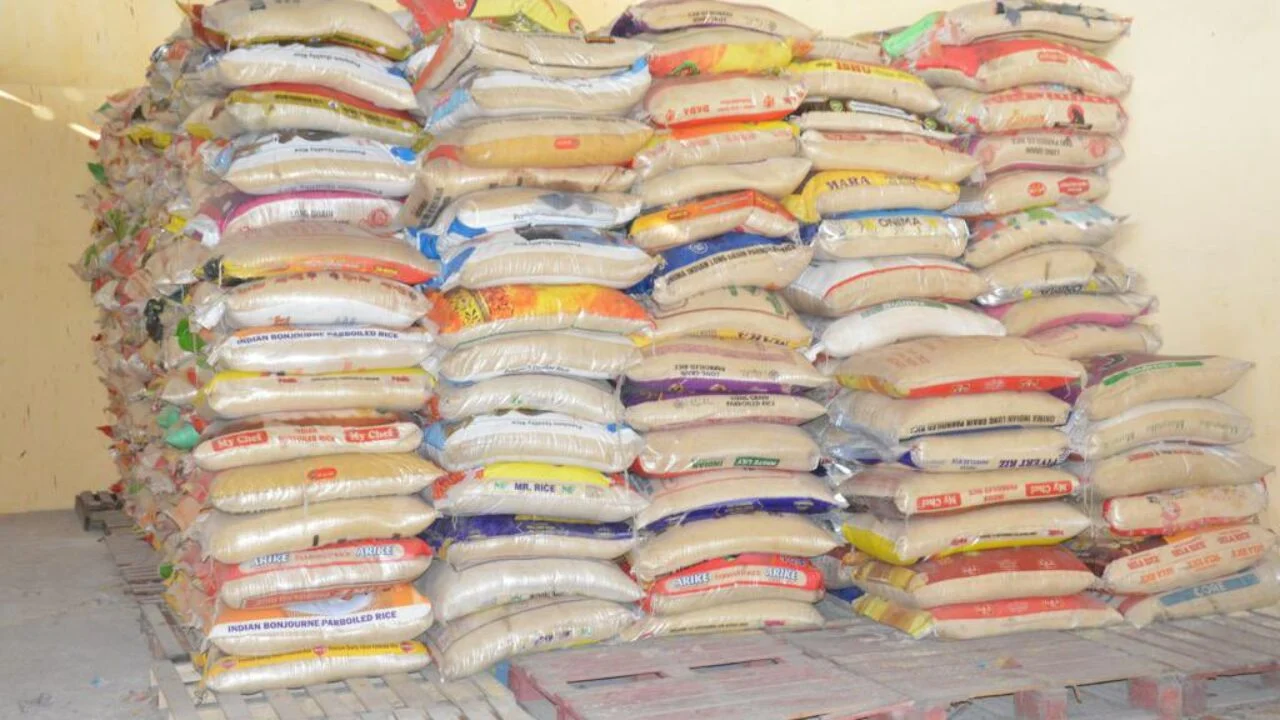
On July 8, the Federal Government announced a 150-day duty-free import
window for food commodities, a move which was targeted at ensuring a
reduction in the inflation rate in the country. The government also
collaborated with states to expand land cultivation across the country.
This is coming after the government suspended duties, tariffs, and taxes for
the importation of certain food commodities through the land and sea
borders. Among other things, the latest directive is expected to reduce
demand for foreign exchange by food importers as the country spent
$2.13bn in 2023 to import food items from foreign countries.
The quarterly statistics of the Central Bank of Nigeria showed that the
country exported large amounts of food from foreign countries despite being
touted as the food basket of Africa.
Speaking at the press conference held in Abuja, the Minister of Agriculture
and Food Security, Abubakar Kyari, said, 150 days of duty-free imports would
be valid for commodities including maize, husked brown rice, wheat, and
cowpeas. He said the initiative, which is part of the Presidential Accelerated
Stabilisation and Advancement Plan, would also enable the Federal
Government to import 250,000 metric tonnes of wheat and 250,000MT of
maize, while, the imported food commodities were in their semi-processed
state would target supplies to small-scale processors and millers across the
country.
The minister also said, the imported food commodities in their semi-
processed state will target supplies to small-scale processors and millers
across the country, while, a follow-up to the earlier directive of the
government, the Comptroller General of Customs, Adewale Adeniyi, recently
announced that the NCS would begin implementation of the duty waiver on
imported foods soon, adding that, the long-term interests of Nigerian
farmers and other stakeholders who are involved in the production of the
affected food items must be considered, while, in Abuja during a combined
news conference by the heads of security agencies and service chiefs,
convened by the Chief of Defence Staff, Gen. Christopher Musa at the
Defence Headquarters said, the guidelines for implementation were still
being worked out at the Ministry of Finance, saying it would begin as soon as
the guidelines were ready.
Adeniyi appealed to Nigerians to exercise patience, adding that efforts were
ongoing to address the demands of the August protesters, especially
concerning food inflation and the cost of living, adding that, the decision by
the Federal Government has been themed by many industry players as a
move in the right direction because it was coming when the country’s
inflation rate was 34.19 per cent, while, the National Bureau of Statistics, in
its Consumer Price Index and Inflation Report for June 2024, stated that
Nigeria’s inflation rate increased to 34.19 per cent, an increase of 0.24
percentage points from the previous headline inflation rate of 33.95 per cent
in May.
Sign up and receive the latest tips via email.